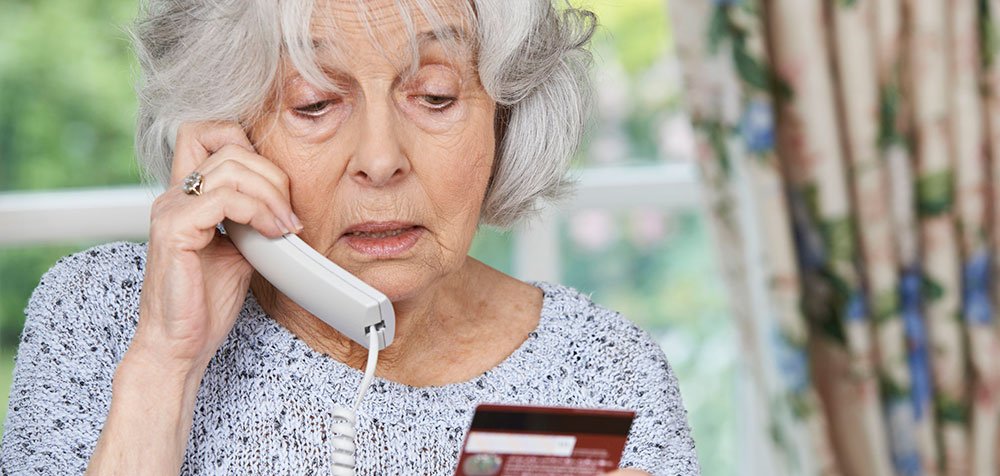
Medicare beneficiaries are targets for scammers and identity thieves all year long, but it seems to be more prevalent in times of uncertainty. Take this pandemic, for example, this is a prime opportunity for scammers to prey on the fears of Seniors.
At TSS, we care for your safety, and we want to share with you some of the most common Medicare scams and those currently circulating that are COVID-19 related, so you can be aware of them in order to protect yourself and your loved ones.
Many scams take place over the phone, however, there are some that will come through email, U.S. mail, and even in the form of door to door visits.
Scammers will use any tactic they can to attempt to steal from you. Here are some red flags to look out for so you do not fall victim:
- Attempts to “verify your identity”: Usually done through a phone call, the caller will tell you that you must provide information in order to update your account with your insurance company. As a general rule, Medicare does not call beneficiaries and randomly ask them to verify their benefits. They may even go as far as to tell you that there will be a charge for the service they are providing. This is not true. If someone calls you and asks for your Medicare ID number or Social Security number, do not give that information up. Your Social Security number is one of the main ways to identify you. Once a criminal has your Social Security number, they can do a number of damaging things with that information, such as opening a credit card, or loan in your name and charge expenses to it, that you may then be liable for.
- Claims that you are “entitled to a refund”: Another way scammers use is by calling and saying that there have been changes to your Medicare coverage and that you are owed a refund. They will typically ask for your Medicare number as well as your bank information to directly deposit the funds. Do not offer them any of this information. Doing so would give the scammer the ability to empty your bank account. If you are entitled to any sort of refund, it will be mailed to you. Nobody should be calling to ask you for your bank account information.
- Any call, email, mailers promising early access to a COVID-19 treatment or vaccine: Unfortunately, scientists have yet to develop a COVID-19 vaccine. There is also no mail-order treatment you can take to protect yourself from the virus. Do not believe anyone who contacts you offering a chance to get in on revolutionary medications or preventions. Make sure that you do not share any personal information such as your Social Security number, Medicare number, or bank account information with anyone making these claims. When these medications and preventions are found, you can be assured that your primary care doctor will provide that information to you.
- Offers of free medical supplies: In this scam, a caller will pretend to offer you free medical supplies or a check-up at no cost to you because it is covered by Medicare. They will then ask you to give them your Social Security number to “verify” coverage, and for a bank account or credit card number to cover shipping fees. Again, please do not share this information with someone you don’t know over the phone.
- Anyone who comes to your door claiming to be from the Social Security Office or Medicare: Medicare and Social Security do not have the resources to send representatives to your door to check on you. If someone claiming to be from Medicare asks to enter your home, lock the door, and don’t hesitate to call the police.
- It is essential to understand that telephone scams aren’t always easy to identify. Scammers will use technology to gather some personal information on their targets to help make them appear more credible and trustworthy. If you answer a call that makes you feel uneasy or gets too personal, simply hang up your phone, and if possible, block that number immediately. It is usually best to trust your instincts.
If you have a question about Medicare it is important to ask them from someone you can trust. We are a trusted resource. Give us a chance to help you. We have an A+ rating with the Better Business Bureau, and we have also been awarded the Pinnacle Award; the highest award granted to businesses that excel in customer service. It would be a pleasure to assist you!
If you feel like you have been a victim of Medicare Fraud please call 1-800-MEDICARE (1-800-633-4227) to report it.
Would You Like To Know More? Speak With One Of Our Licensed Insurance Agents Today
.png?width=129&height=63&name=second_logo%20(1).png)
